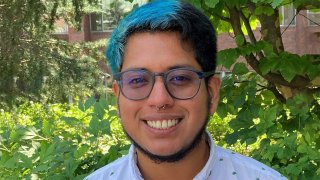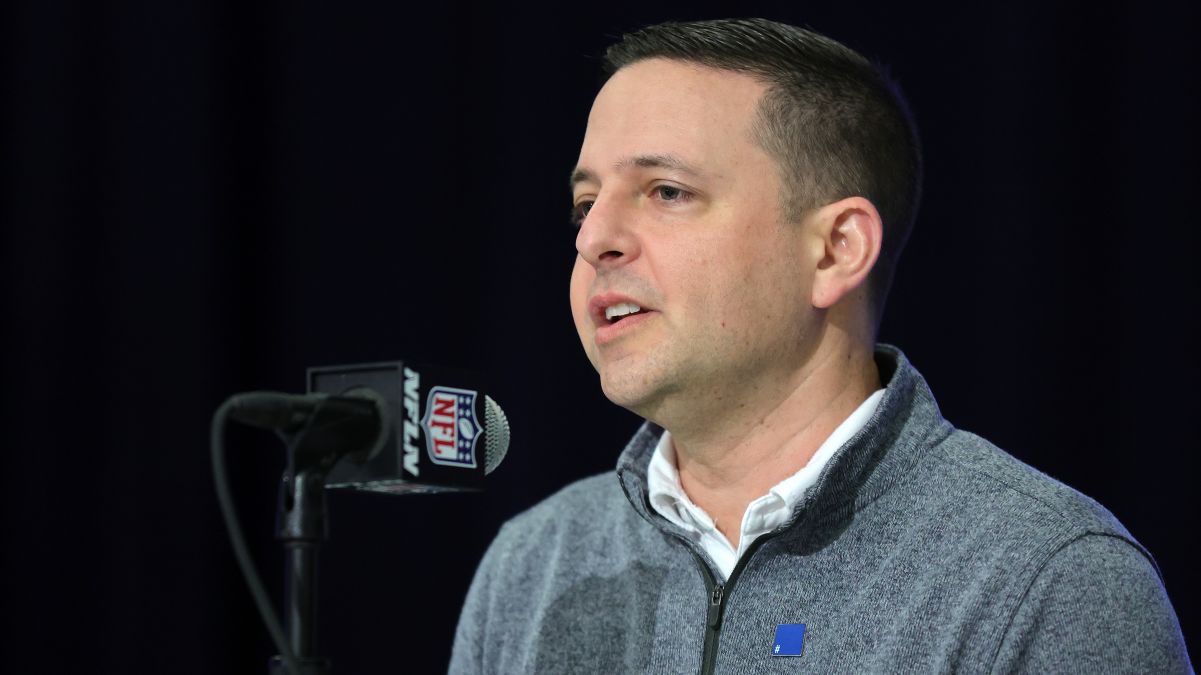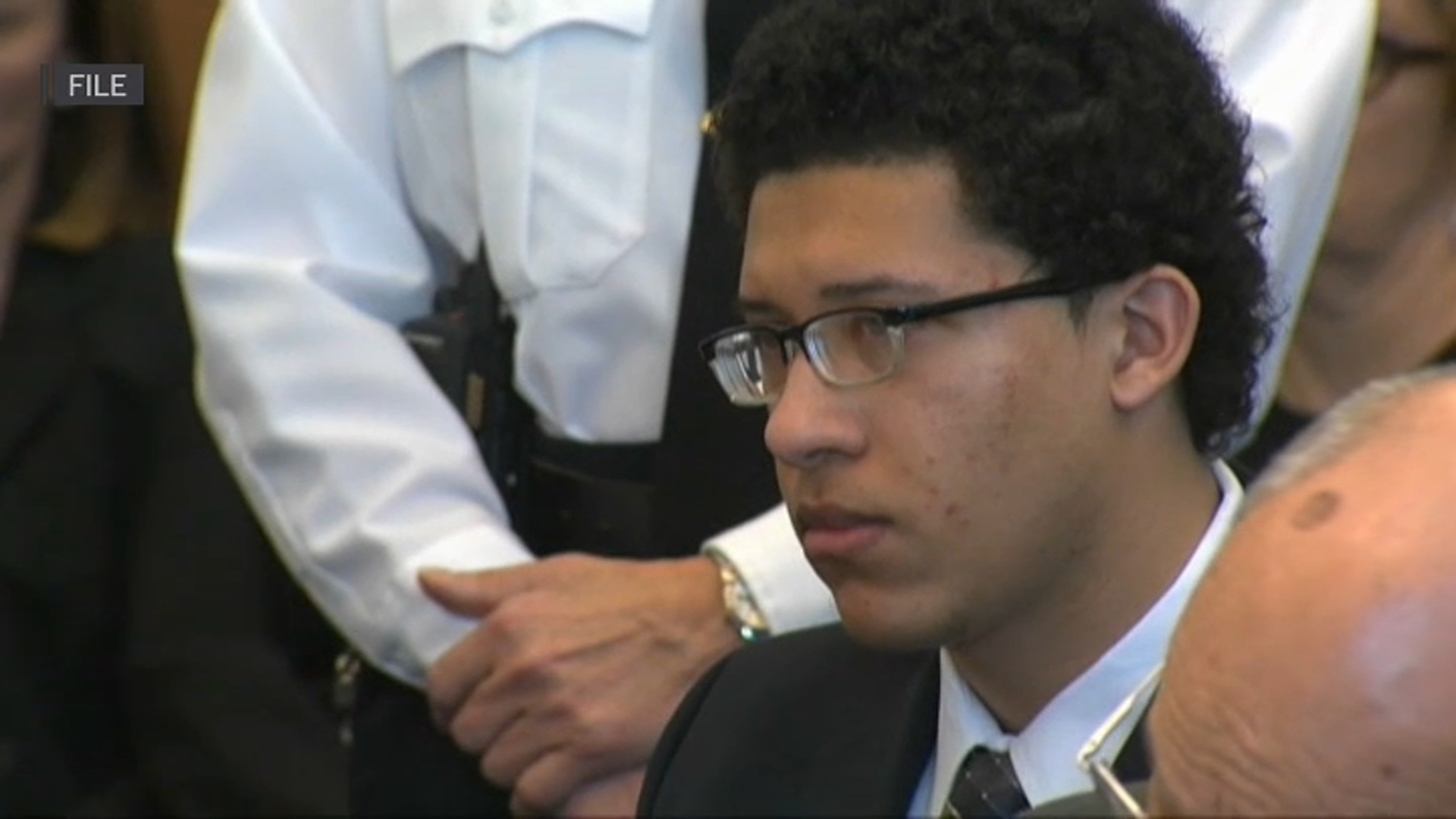
A Harvard Kennedy School graduate student and transgender advocate died in Indonesia after being arrested at the start of his honeymoon, prompting calls for an investigation from family, other advocates and the school.
Rodrigo Ventosilla, a 32-year-old from Peru, was arrested for carrying prescription medicine and then, along with his husband, deprived of rights while in detention in Bali, all culminating in his death at a hospital days later, his family has said, with few answers available about what happened. Harvard Kennedy School Dean Douglas Elmendorf called the account "extremely disturbing" in a statement last week.
Ventosilla, who was transgender, died on Aug. 11 from "failure of bodily functions" after taking medication that hadn't been confiscated by authorities, a Bali police representative told NBC News.
Ventosilla had been detained at the Denpasar International Airport in Bali several days earlier, on Aug. 7, after being found with cannabis, according to the Peruvian Minsitry of Foreign Affairs.
Get Boston local news, weather forecasts, lifestyle and entertainment stories to your inbox. Sign up for NBC Boston’s newsletters.
While an initial statement from the ministry said that the detention of two Peruvians — Ventosilla's husband is also from Peru and was arrested at the airport — didn't constitute racial discrimination or transphobia, an announcement later said that Minister Miguel Ángel Rodríguez Mackay met with Ventosilla's mother and had requested an official investigation into what happened.
The second statement referred to Ventosilla as a "brilliant student" and his death as an "irreparable loss." The ministry said it would be improving humanitarian assistance and consular services.
The families of Ventosilla and his husband, Sebastián Marallano, said in a statement with the trans collective Diversidades Trans Masculinas this week that Ventosilla was accused of being a drug trafficker after being found with medication he was prescribed for his mental health, and that Marallano was arrested when he came to help his new husband.
Local
In-depth news coverage of the Greater Boston Area.
They said that police demanded up to 100,000 dollars for the release of each of the men, and that, by the second day they were detained, Ventosilla and Marallano were cut off from communication to their families, lawyers the families had hired and Harvard students who sought to help.
Marallano returned to Peru by Aug. 17, but the families still don't know what caused Ventosilla's death, according to their statement, which demanded information on what happened to the couple and an inquest into how Peru responded.
"We demand the Peruvian justice system to properly investigate the human rights violations of Rodrigo and Sebastian and to guarantee truth, justice and reparation," the statement said.
Elmendorf, the Harvard Kennedy School dean, said the school backed the call for an investigation.
"We received yesterday a statement from Rodrigo’s family with their description of extremely disturbing circumstances surrounding Rodrigo’s death—a statement that talks about his arrest and detention just before his death, and that highlights his rights as a transgender man," he said in a statement. "The statement from Rodrigo’s family raises very serious questions that deserve clear and accurate answers."
Ventosilla's body still hasn't been returned to Peru, Ventosilla's mother told The Harvard Crimson Tuesday, when the remains were expected to arrive. That is now expected Friday, Ana Ventosilla said, saying the delay was due to a translation issue from consular services in Indonesia.
"We continue to see this lack of interest," she told the newspaper.
The incident is espeically disturbing for the lack of access to legal help the family described, Human Rights Watch senior researcher Kyle Knight told NBC News.
"It's pretty clear from the reports that we read, things went as badly as they could have," Knight said.



